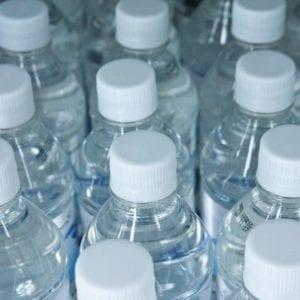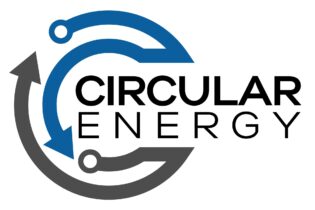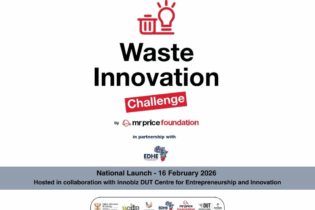This Earth Day the Western Cape is facing not one, but two, significant challenges. The first is that the City of Cape Town is running out of water and the second is a potential waste crisis as landfills rapidly reach maximum capacity.
One of the factors contributing to this state is opposition towards new initiatives like regional waste disposal sites and waste-to-energy plants and another is the fact that, with the increase in consumption of bottled water in Cape Town, the volume of bottles needing to be recycled is threatening to overwhelm local recycling capacity. This is something the South African National Bottled Water Association (SANBWA) members are working to address.Diverting waste from landfill
According to SANBWA Executive Director, Charlotte Metcalf, joint efforts driven by PETCO and supported by its members and associate members – including bottled water producers – aim to prevent these additional bottles having to be sent to landfill. They are achieving this by transporting baled bottles to a recycling facility with excess capacity in Gauteng for processing. “Working together with PETCO, SANBWA has sponsored another truckload and so, too, has Woolworths, which saw bottled water sales soar during February and March this year,” she said.






